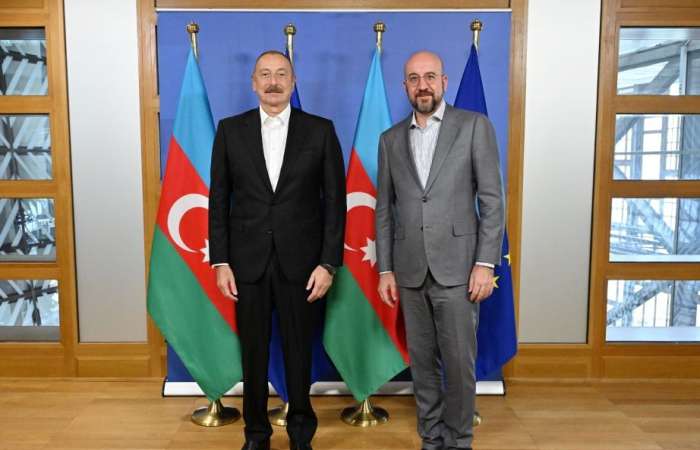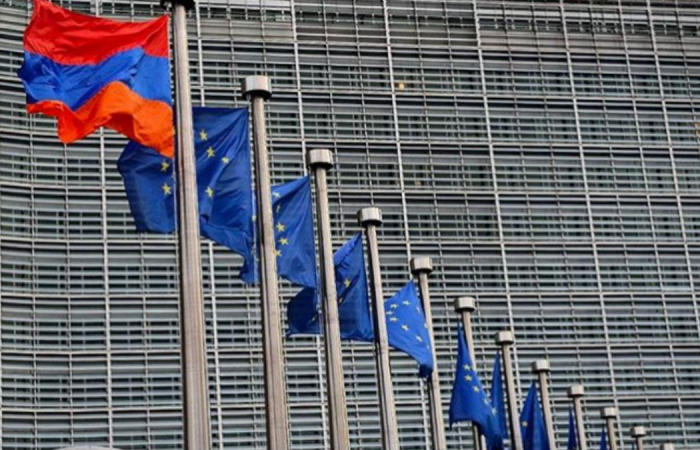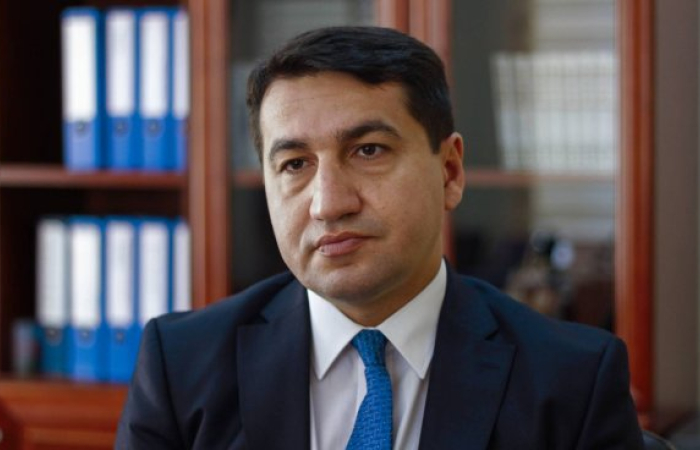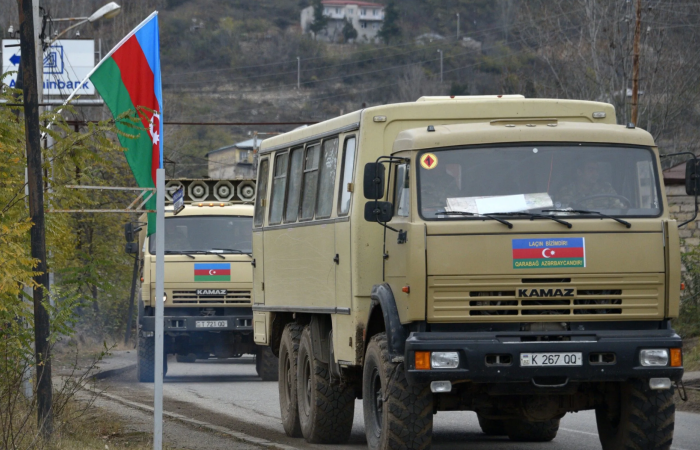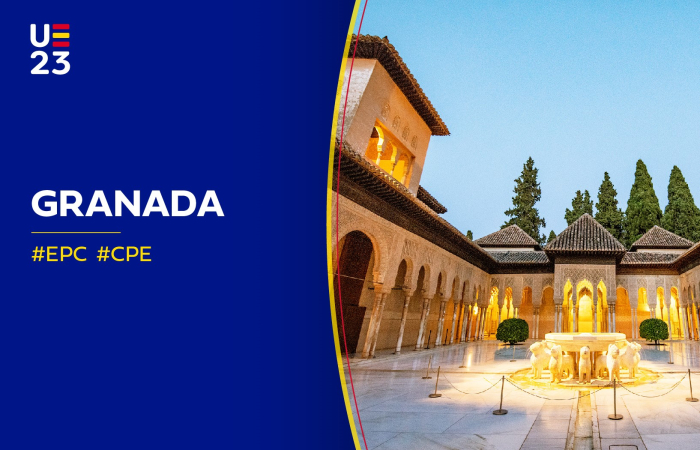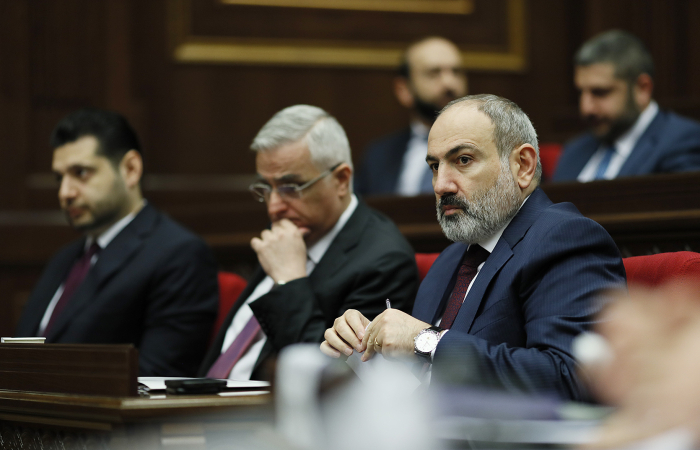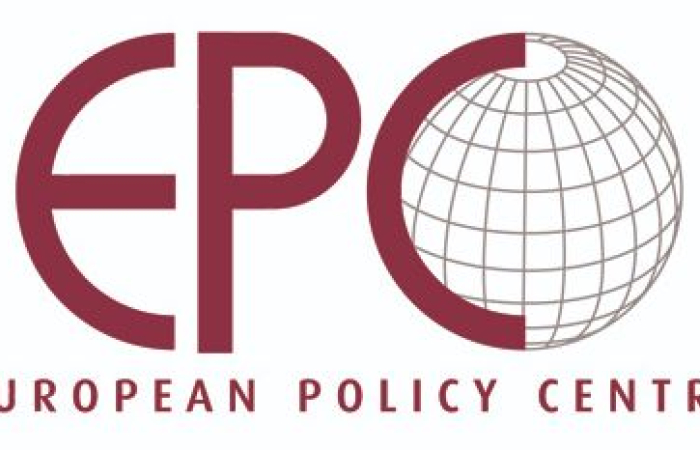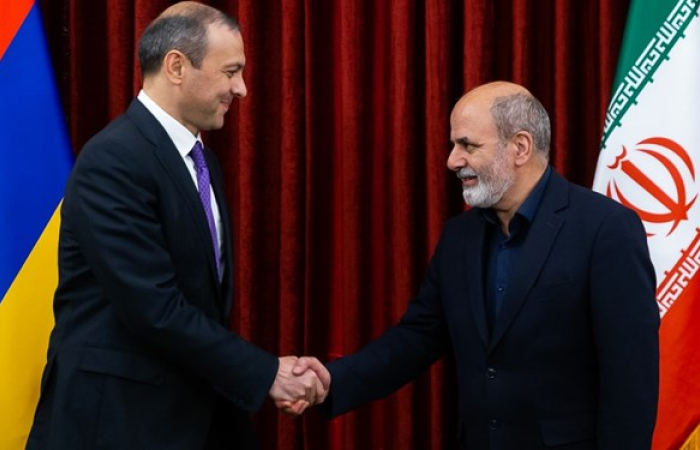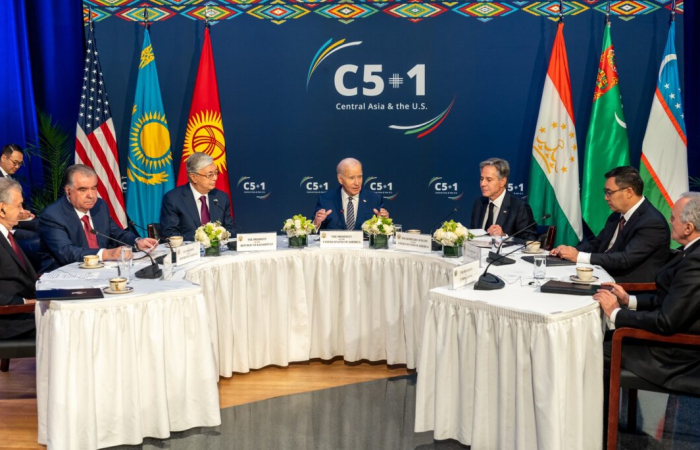Editor's choice
This is a members’ functionality. Please
Sign upNews
Trending
They were supposed to be five; they ended up four, but they still had a lot to say
5 October 2023
The President of the European Council, Charles Michel, the President of France, Emmanuel Macron, and the Chancellor of Germany, Olaf Scholz met in Granada with Nikol Pashinyan, Prime Minister of Armenia.
The President of the European Council, Charles Michel, the President of France, Emmanuel Macron, and the Chancellor of Germany, Olaf Scholz underlined their unwavering support to the independence, sovereignty, territorial integrity and inviolability of the borders of Armenia.
They also expressed their support to the strengthening of EU-Armenia relations, in all its dimensions, based on the needs of the Republic of Armenia.
They agreed on the need to provide additional humanitarian assistance to Armenia as it faces the consequences of the recent mass displacement of Karabakh Armenians. They stressed that these refugees must be free to exercise their right to return to their homes and their places of living, without any conditions, with international monitoring, and with due respect for their history, culture and for human rights.
They remain committed to all efforts directed towards the normalization of relations between Armenia and Azerbaijan, based on mutual recognition of sovereignty, inviolability of borders and territorial integrity of Armenia (29.800 km2) and Azerbaijan (86.600 km2), as mentioned in President Michel’s statements of 14 May and 15 July 2023. They called for the strict adherence to the principle of non-use of force and threat of use of force. They stressed the urgent need to work towards border delimitation based on the most recent USSR General Staff maps that have been provided to the sides, which should also be a basis for distancing of forces, and for finalizing the peace treaty and addressing all humanitarian issues.
They called for greater regional cooperation and for the re-opening of all borders, including the border between Armenia and Türkiye, as well as for the opening of regional connectivity links based on full respect of countries’ sovereignty and jurisdiction, as well as on the principles of equality and reciprocity.
The European leaders called on Armenia and Azerbaijan to release all detainees, and to cooperate to address the fate of missing persons and to facilitate demining work.





